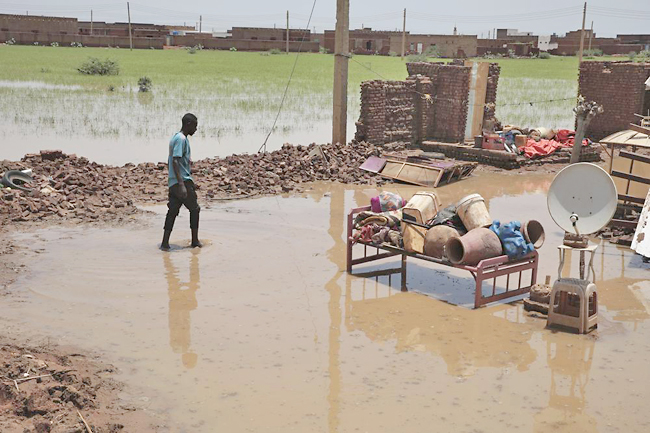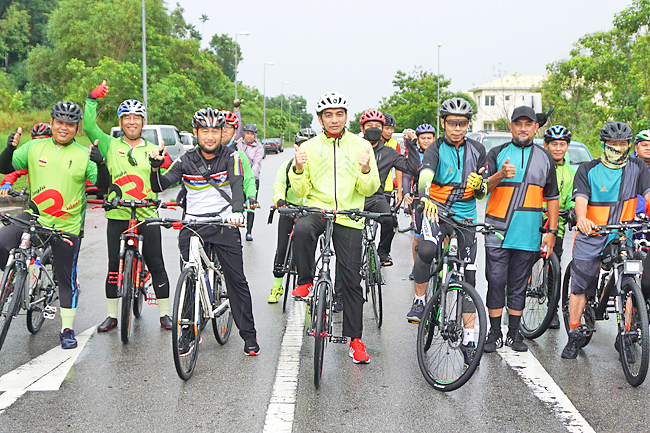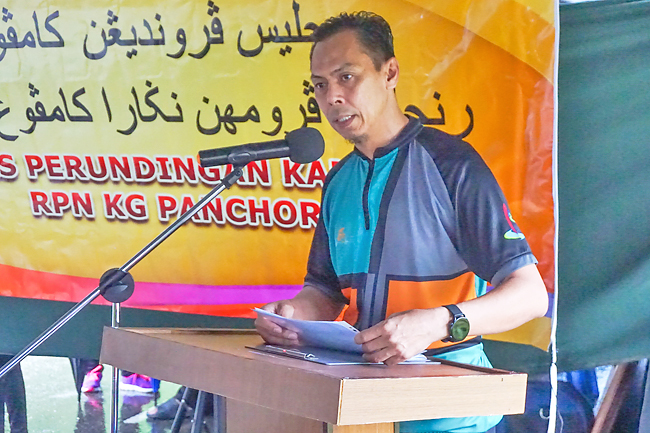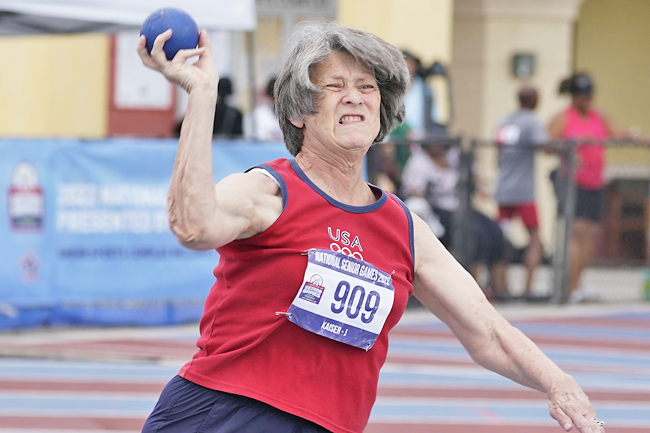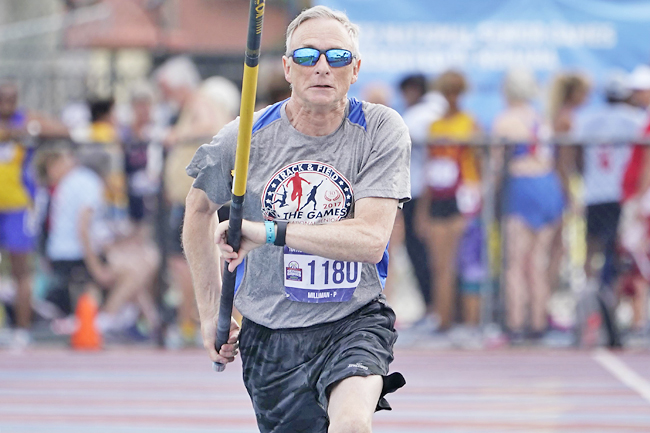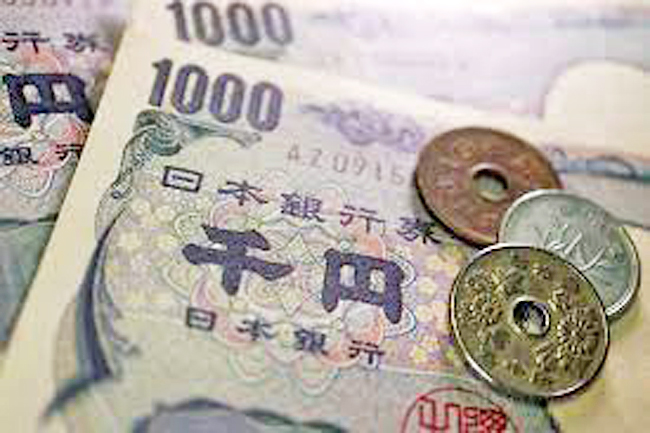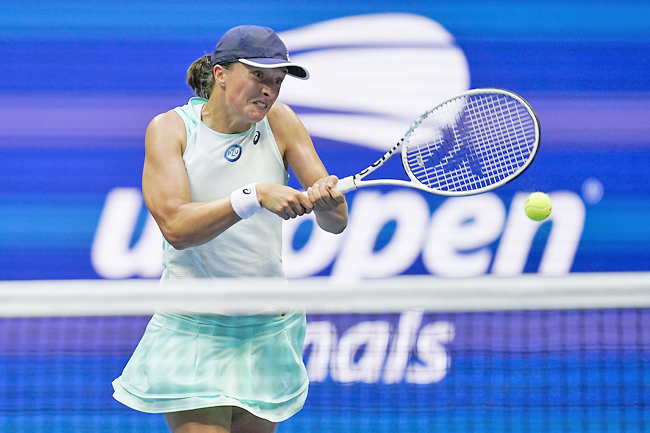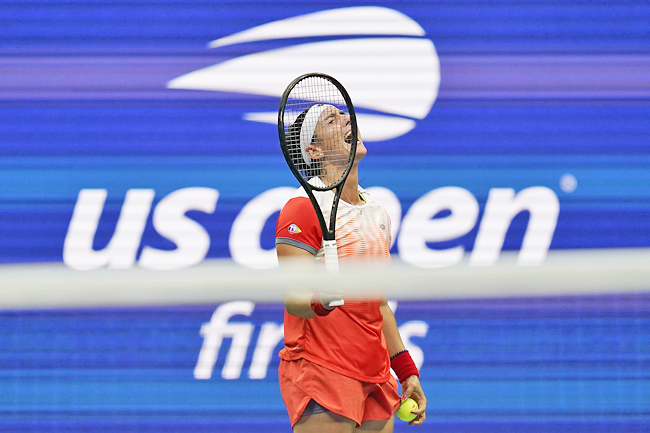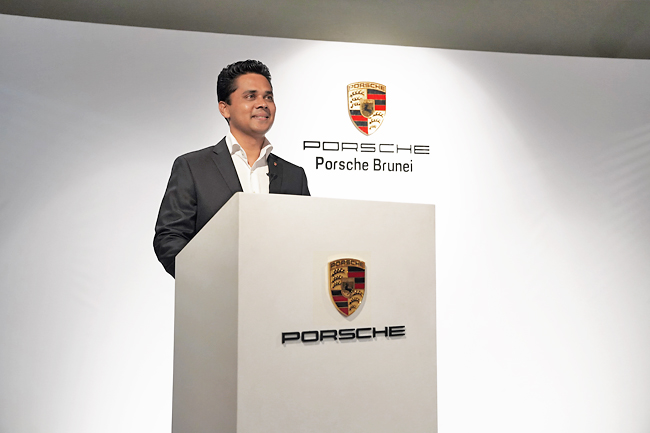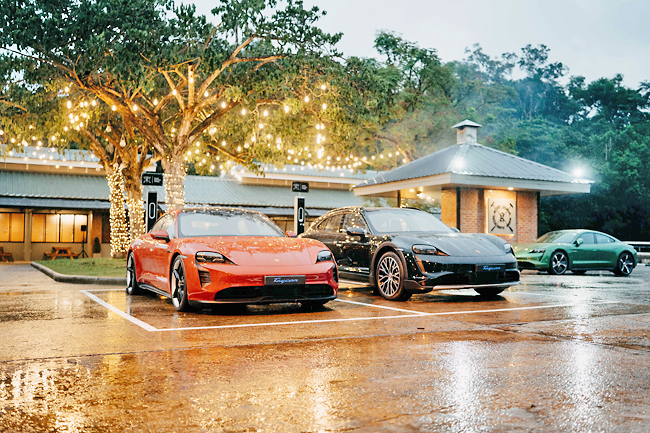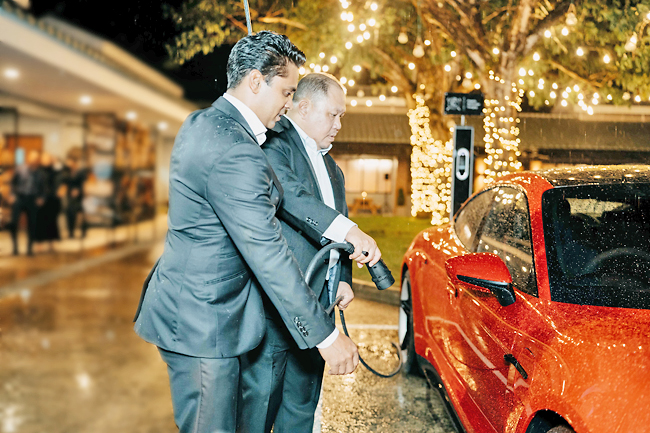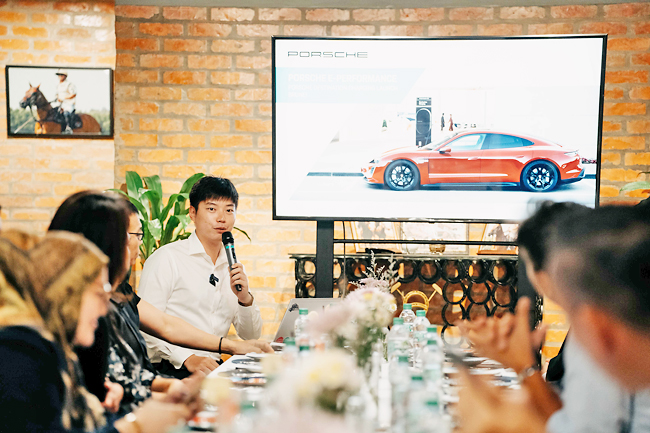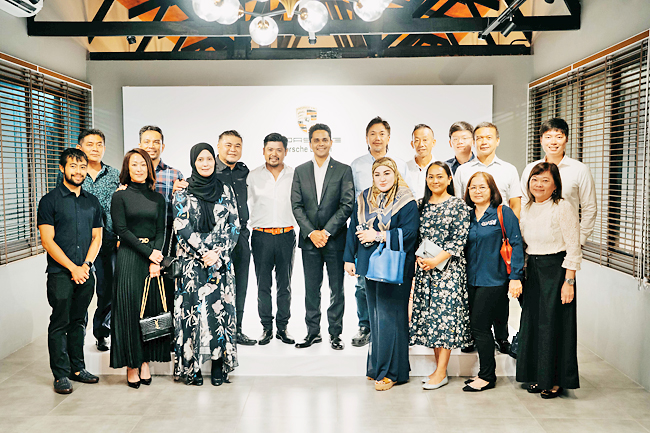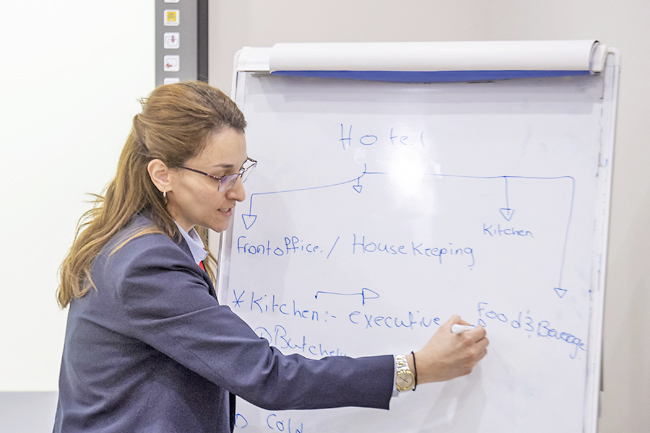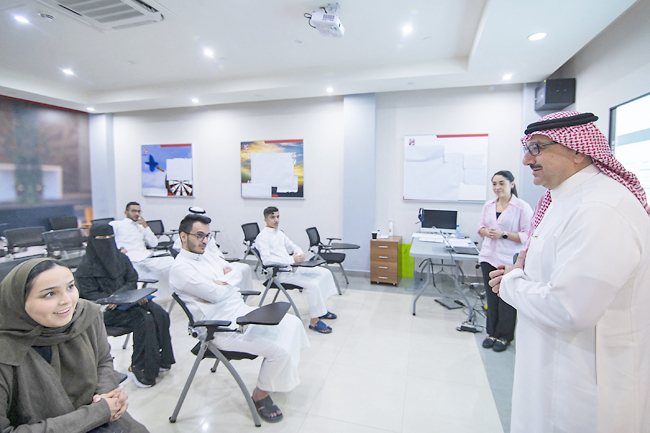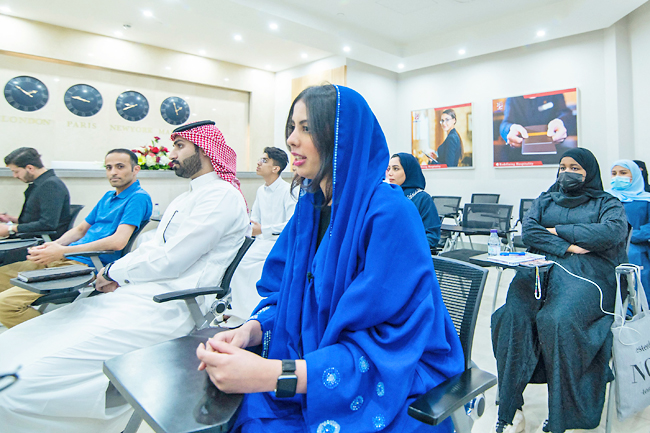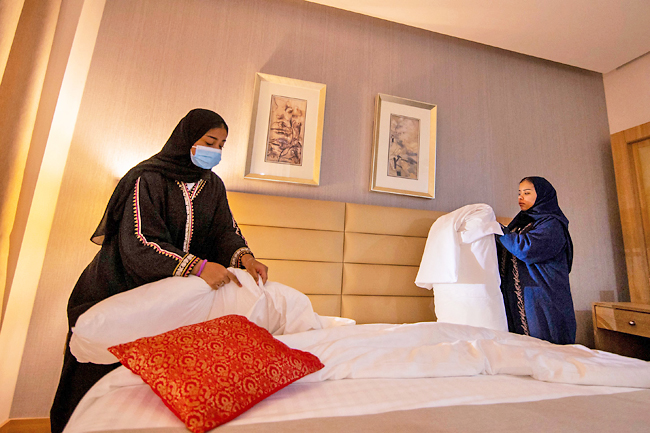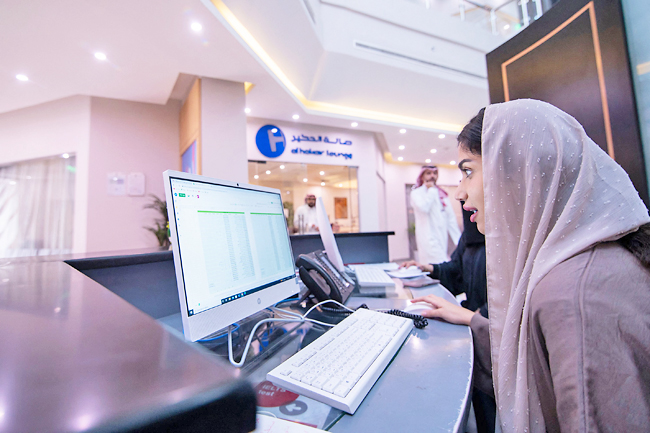Izah Azahari
Gratitude and joy on completing years of higher education were what came to the minds of graduates during the 10th Universiti Teknologi Brunei (UTB) Convocation Ceremony on September 5.
Bachelor of Business (Hons) in Accounting and Information Systems graduate Nur Siti Faaiqah binti Haji Naruddin expressed thanks to Allah the Almighty for His blessings, and her contentment over being awarded with first class honours in her undergraduate degree.
“After the sweat and tears, I am truly grateful that my results reflect my hard work and dedication,” she said, noting the feeling of relief that her determination and stress were not in vain.
“It is a bittersweet feeling as a chapter of my life closed, and another is about to begin,” she said.
In achieving good grades, she said believing in herself is most important to her, as not everything comes easy and should be worked on. Also important is being self-motivated to work more efficiently in the future.
She shared that one should never hesitate to ask for help from lecturers or peers when there is difficulty in understanding a particular topic.

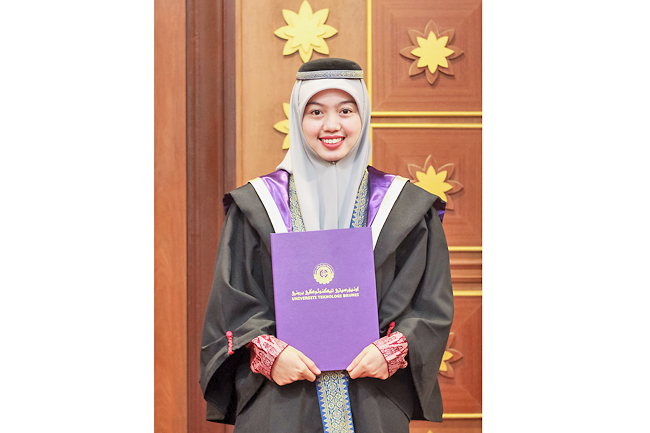
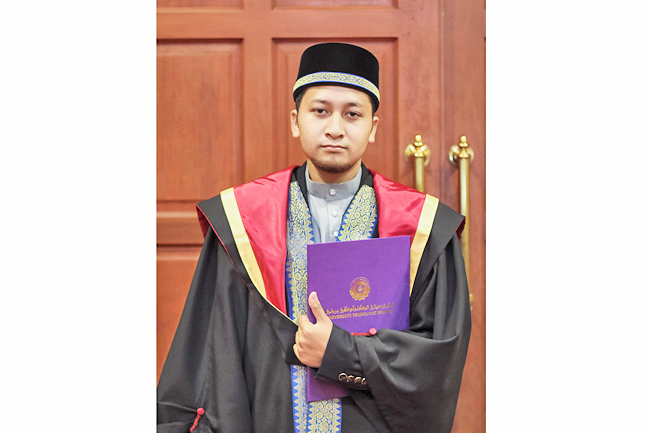
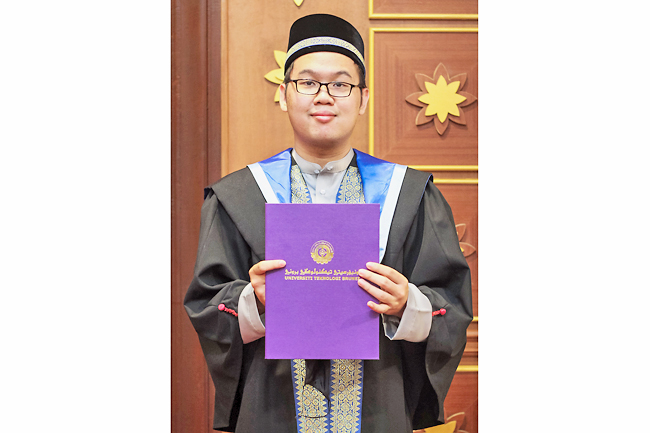
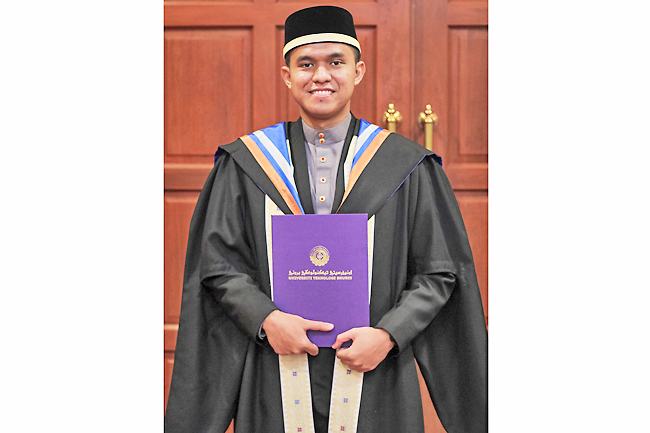
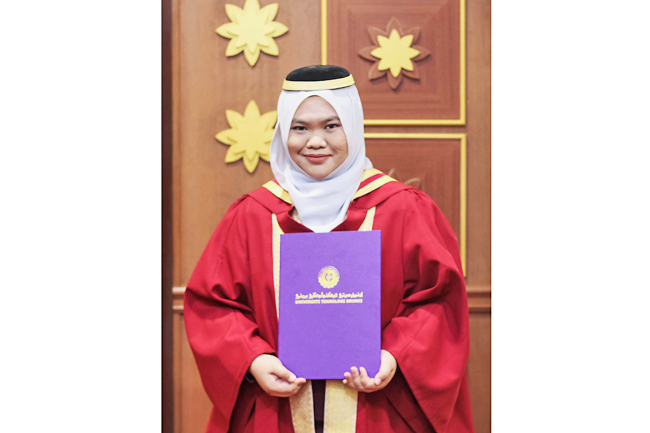
“My special appreciation goes to my parents Haji Naruddin Daud and Radhiah binti Ghani, siblings, partner, and close friends for continuously supporting and motivating me. Their devotion and encouragement will always remain with me,” said Nur Siti Faaiqah.
She is currently undertaking her Master’s degree, but will be withdrawing soon to jump into her Doctor of Philosophy (PhD) after being awarded with first class honours.
“Looking back, while I was busy whizzing around sorting out my PhD applications, Allah the Almighty had a better plan for me. I received multiple calls offering me job interviews, although I did not apply for any job vacancies.
“After much consideration and Sunnat istikharah prayers, I decided to give it a shot and Alhamdulillah, praise to Allah the Almighty. I was informed that I was being offered the position a day after my interview,” she added.
Bachelor of Engineering (Hons) in Chemical Engineering graduate Muhammad Habibul Ilmi Nasution bin Md Fauzi Nasution also expressed delight that his academic year reached a high note.
“Of course there were some nerves and excitement to finally be able to use my studies in the real world as I feel it is our responsibility as graduates to apply our knowledge to solve the problems the world is facing,” he said.
Recollecting his fondest memories in UTB, he said the university, lecturers and friends throughout the years made it worthwhile, even with the during his studies.
“I found that it is vital for me to take regular breaks as stressful environments can quickly become bleak, as well as the importance in praying to Allah the Almighty for guidance,” he said.
While he would love to work, he is open to continuing his studies as he believes it would enable him to further his knowledge in chemical engineering.
“I have to stay positive and look forward to what’s to come in life. UTB has been a big influence because it has given me the opportunity to develop self-esteem, grow as a person and build confidence to a level that I would not have otherwise,” said Muhammad Habibul.
Meanwhile, Bachelor of Science (Hons) in Computing graduate Vincent Lew Kok Seng attributes his time during internship to one of his fondest memories as he was able to meet a lot of people and develop his networking skills, while his biggest challenge was during his final year projects.
“I overcame those challenges by working with mentors and friends, as well as constantly following up with my supervisor and people I connected with during my internship,” said Vincent.
With plans to continue his higher education, Vincent said it is important to never stay idle.
“Even if one is procrastinating, it is important to work on something in their mind,” he said.
Master of Science in Computing and Information Systems graduate Mohammad Afiq bin Amirul Elfri recounted his experience in joining the ASEAN Cyber Security Challenge during his time in UTB, where he competed with those from other countries virtually.
“It exposed me to the capabilities of those in other countries and made me realise that my skills were limited. It made me want to improve so I could be on par with international standards,” said Mohammad Afiq.
Remembering the ups and downs during his Master’s degree, he was thankful to have friends who were his support system, along with his lecturers and research supervisor.
Mohammad Afiq said he is currently taking a break from his studies and is actively looking for work. Although there are some fears in whether or not he could find one, he is trying his best to be marketable within the industry.
“If my opportunities are not in Brunei, it may be outside the country. UTB helped me in every way, especially in my department.
“They pushed us to get certifications, because we can’t be the same as others and it is very important to be unique and have our own values,” he added.
Meanwhile, PhD in Mechanical Engineering graduate Nur Amal Fadhilah binti Narawi said she finished her PhD in four years, although it is a three-year programme, as there was a delay due to the COVID-19 pandemic affecting the completion of her overall thesis, as most of her analysis was supposed to be conducted in a university in Malaysia.
“There have obviously been challenges during my journey in obtaining a PhD, in terms of the availability of data and equipment for analysis locally, and the commitment required to complete the thesis,” said Nur Amal.
However, she said she overcame the challenges by carrying out initiatives, such as collaborations with centres, either from the government or the private sector, as well as focussing on completing her thesis draft, training and writing journal and conference papers.
“All praise to Allah the Almighty for guiding me and giving me strength throughout this journey, and my sincere gratitude goes to my parents, my husband, my daughter and family for their endless support,” she said.
She also expressed gratitude to her supervisor, co-supervisor, collaborators, laboratory technicians and those involved during her studies in UTB, as well as the university for awarding her a grant.
She said finding a job is next on her to-do list, and she is not limiting herself to academics.
“As I am in mechanical engineering, I have been involved in hands-on work, so I’m very familiar with work related to the industry,” said Nur Amal.
She shared that during her PhD programme, she worked as an assistant to her lecturer, garnering herself experience in teaching and supervising students in the laboratory.
“For me, that’s how UTB helped me get ready for a job,” she said.
Moreover, she said, the opportunity to undergo her internship during her Bachelor’s degree at the Department of Energy also helped her to develop her personality in a professional environment.
“Before you want to do anything, you have to make sure you have the passion, and make sure you are committed. Blessings from Allah the Almighty and families will also enable you to have tawakkal in everything that you do.
“Always emphasise ib time management, as having a schedule or a back-up plan will keep you on track.
“Most importantly, don’t be afraid of failure as it is a process of learning and adapting which helps you in shaping your personality for the real world,” she added.

